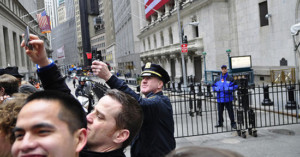
Man Who Was Arrested for Filming Police with Phone Settles for $170,000
After being arrested on October 1, 2007 for using his cell phone to film officers making an arrest, Boston …

After being arrested on October 1, 2007 for using his cell phone to film officers making an arrest, Boston …
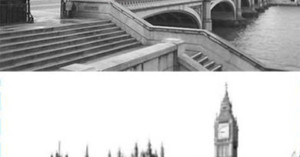
If you’re a photographer in the UK, you might want to think twice about shooting and selling a photograph …

Boston lawyer Simon Glik was arrested on October 1, 2007 when he used his cell phone to record officers making a drug arrest, and later sued the city and the officers for violating his rights. After the officers tried to having the lawsuit dismissed on the basis of qualified immunity, a Federal Appeals Court denied the motion last week and ruled that filming and photographing police is in fact protected by the First Amendment.
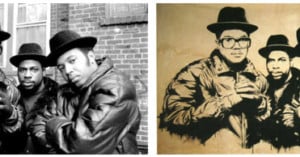
Turns out turning photographs into stencils isn’t transformative enough to be defended as “fair use”. In a case that …
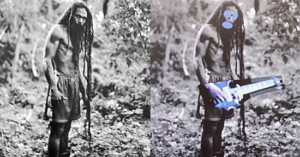
Update: The ruling has been overturned, and a judge has ruled that Prince's usage is fair use.
Richard Prince, the artist who "rephotographed" a cigarette advertisement and had it sell for more than $1 million, has just lost a copyright infringement lawsuit after being sued by photographer Patrick Cariou. Prince had taken 41 photographs made by Cariou from the book Yes, Rasta, modified them in various ways (sometimes minor), and displayed them at a gallery exhibition as his own work (above is one of Cariou's photos on the left with Prince's piece on the right). The exhibition went on to generate over $10 million for Prince and the gallery.
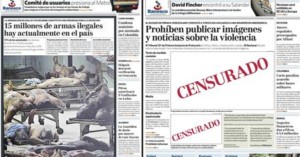
A Venezuelan court ordered newspaper El Nacional not to print violent images after the paper published a controversial image of dead bodies piled up in a Caracas morgue.
The photo, taken by an El Nacional photographer in December, ran with a story last Friday about security problems in the country. On Monday, the image was picked up by another newspaper, Tal Cual.
The Venezuelan government deemed the decision to run the photo as a part of a campaign criticizing current president Hugo Chavez, in light of the upcoming September elections.
The court ordered El Nacional and Tal Cual to not publish violent photos, saying the ruling is to protect children:
"(The print media) should abstain from publishing violent, bloody or grotesque images, whether of crime or not, that in one way or another threaten the moral and psychological state of children."
El Nacional responded to the ruling on Wednesday by running a front-page story about what they call censorship, along with large blank spaces with "Censored" stamped across where photos usually run.